Trends And Technologies That Build The Future Of Retail
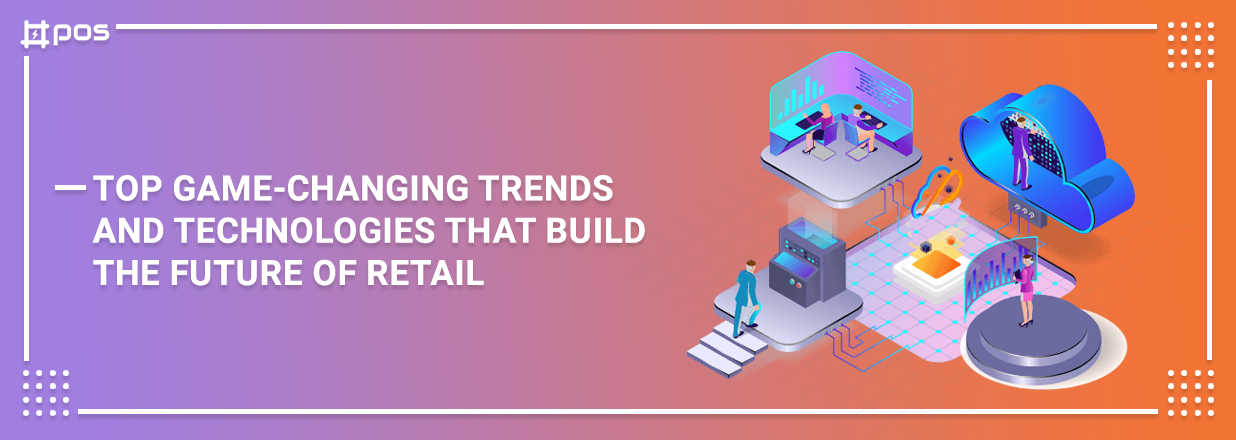
As new technology and trends emerge, the future of retail will continue to change and grow. Although technology has always been essential to the retail sector, never before have innovation and technology been so crucial to a company's success. Nowadays, everything is impacted by technology, from the operational aspects of a business to the interactions with customers and the customer experience.
Customers are using technology in new and unique ways to make purchases. We may anticipate many more technical advancements that will change how we purchase.
In this blog, we'll talk about the top important technologies for the future of retail trends that promise to continue reshaping the sector and that retail businesses should be aware of to make informed strategic decisions and keep expanding.
Trends And Technologies That Are Important For Retail Businesses
Being current is crucial since it affects retail organisations' ability to compete and their ability to hold their market positions.
In addition to search engines allowing alternative searches like voice and images increasingly better and more options for retail, recommendation engines will become more intelligent and capable of offering more specific suggestions based on prior manners and preferences.
Along with being driven by the Internet of Things, retailers will begin experimenting with blockchain technology, which might help them construct supply chains that are more secure and transparent (IoT).
With the Internet of Behaviors (IoB), which emerges as a facilitator of customer experiences as more data on customer interactions with brands and products, as well as with related topics from which artificial or human intelligence can infer a need, will be available, the "hyper" personalization of experiences will also be a key trend.
Here Are The Some Upcoming Trends
What we would refer to as "Wow moments" occur when cutting-edge technologies and techniques combine.
- Artificial intelligence-powered hyper-personalization
Customization has always been a significant component in retail, from in-person encounters to salespeople providing knowledgeable and sympathetic comments on a customer's purchase decision to personalizing online channels using artificial intelligence and machine learning.
Customer expectations for highly tailored service are expanding along with machine learning and artificial intelligence capabilities. retail personalisation, which is supported by AI, provides a distinctive experience that is tailored for more consumer engagement and conversion. Every customer sees a unique, dynamically tailored version of the eCommerce site from the very first click.
- Predictive Analytics for Supply Chain Management
Better inventory management and speedier product delivery will always be necessary for retail operations. By examining historical data and consumer behaviour, predictive analytics may modify the supply chain and inventory management to ensure that the retail business always has the proper amount of inventory and is both understocked and overstocked.
- Virtual Reality And Augmented Reality
Through simulations to determine the busiest times of the month and subsequently schedule inventory management, retailers may increase efficiency on their shelves when Big Data technology and sophisticated analytics are used.
Virtual Reality has been gaining popularity in recent years, with many predicting that it will soon become a mainstream phenomenon. Retailers could use virtual Reality to create a more immersive experience for customers, allowing them to view products in different settings and learn about them from different angles.
Customizable Product & Services
Retailers who allow customers to customise their purchases have an additional opportunity to increase sales.
By fusing Artificial Intelligence with Natural Language Processing and Machine Learning technology, retailers may provide their consumers with different search methods, using images instead of keywords and better voice search capabilities.
Retail customers will increasingly seek the ability to upload photographs, for AI to comb through inventory and make matching offers as more and more companies develop technology akin to Google Lens, where you can search for information relevant to an uploaded image.
What Should We Expect For The Future?
The retail industry's future is bright and dynamic. E-commerce and mobile commerce are both growing industries and will likely continue to do so. Instead, they will carry on expanding. Retailers must ensure that their mobile-friendly websites and applications provide a pleasant online buying experience.
Customization is becoming more significant. Customers desire a sense of exclusivity and consideration for their demands. Retailers must figure out how to make each customer's purchasing experience unique. experiential trading will continue to experience growth.
The consumer has changed along with the retail industry. Customers today want a customised and distinctive experience at every point of sale, not just a product to buy.
Learn about the upcoming retail trends directly from professionals.
LytPos team keeps abreast of the most cutting-edge pos developments, and we assist our clients in implementing them to enhance company operations, performance, and customer experience.
Contact us to schedule a demo and discover how LytPOS pos works for your retail business.
Related
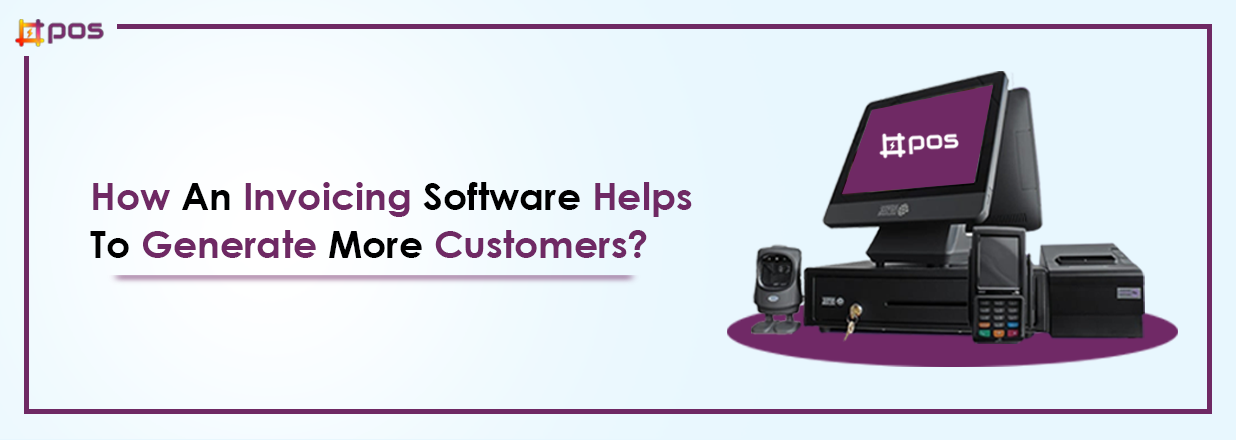
How an invoicing software helps to generate more customers?
Running a business is a strenuous task, and the efforts that a businessman puts into taking his business to greater heights are commendable.
Read More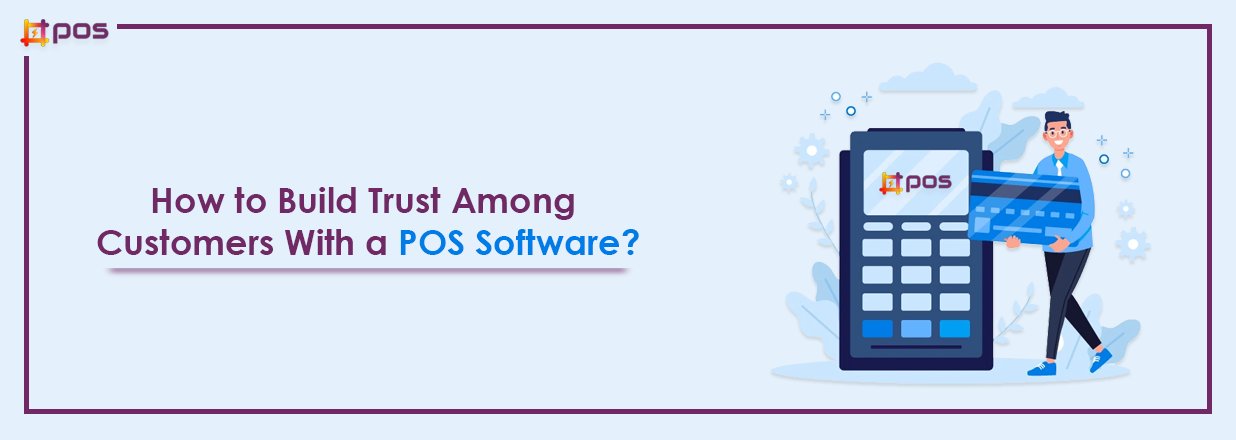
How to build trust among customers with a POS Software?
For forming loyal customers, gaining customer trust is important. POS software is a reliable and easy method to build customer trust for retail businesses.
Read More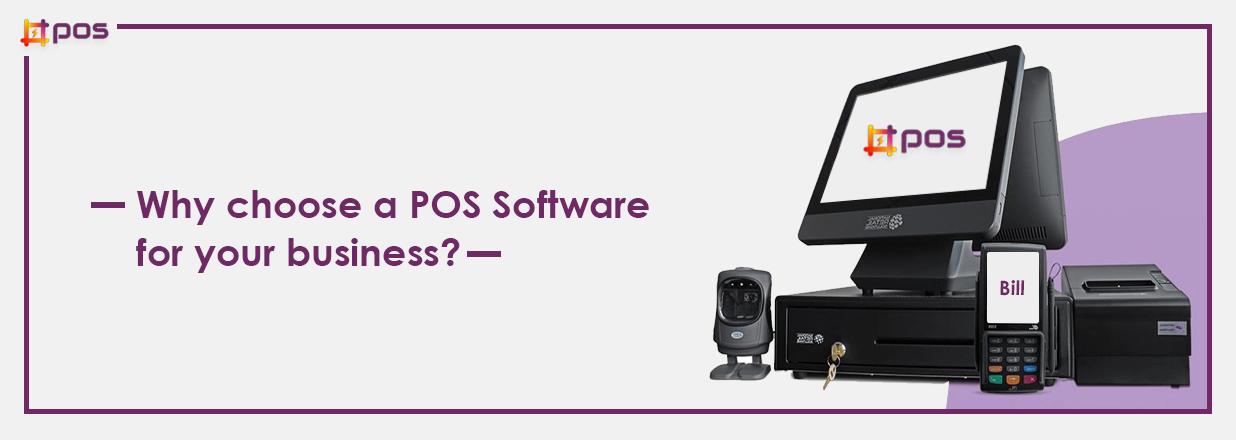
Why choose a POS Software for your business?
In this technology era, every business needs a POS software for their upliftment and betterment.
Read MoreRecent
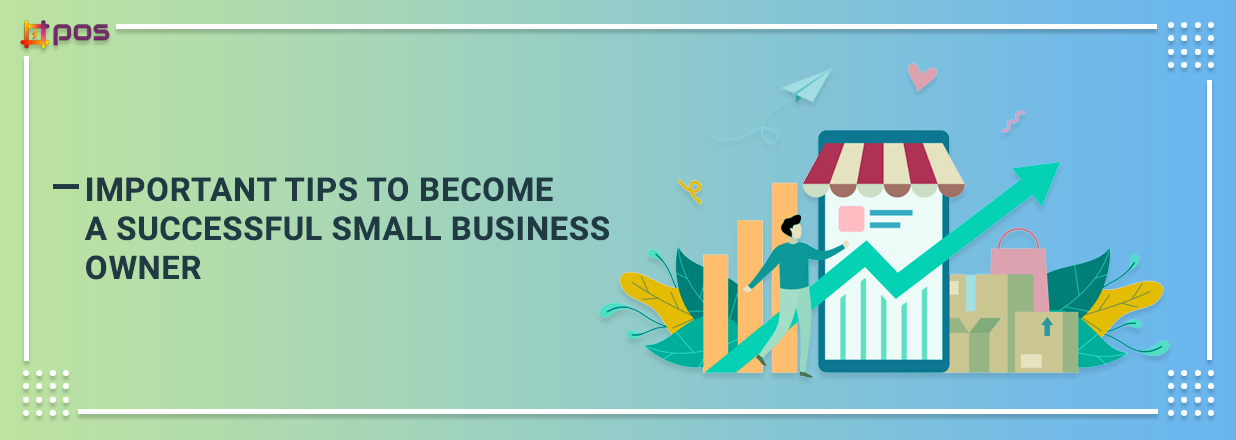
Important Tips To Become A Successful Small Business Owner
It may be when your company generates a certain amount of revenue, when you get a certain number of positive reviews, or when you walk into a packed store full of contented consumers.
Read More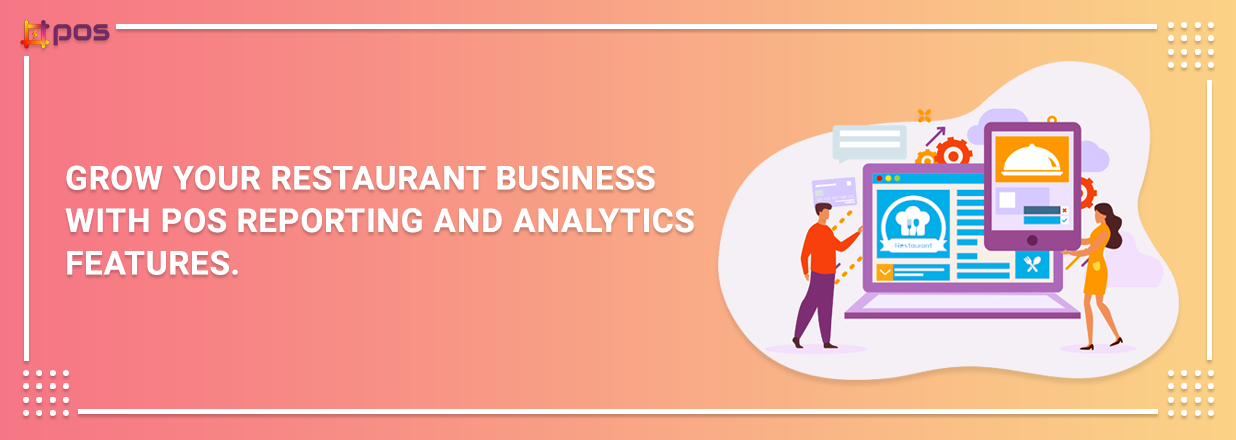
Grow Your Restaurant Business With POS Reporting And Analytics Features
A management system with reporting and analytics is a smart choice if you want to expand your restaurant business
Read More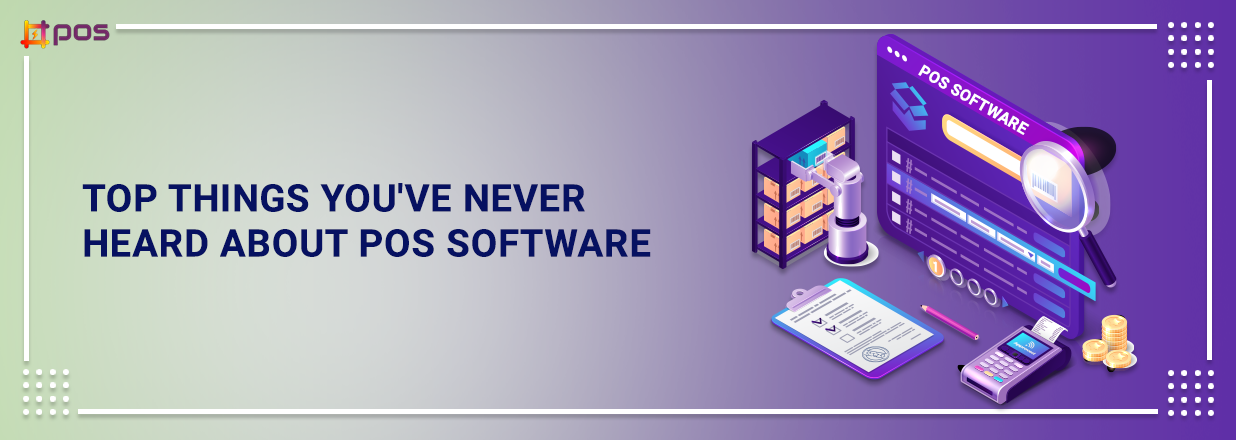
Top Things You've Never Heard About POS
One of the most beneficial tools for small and large businesses is a point-of-sale (POS) software with many features.
Read More